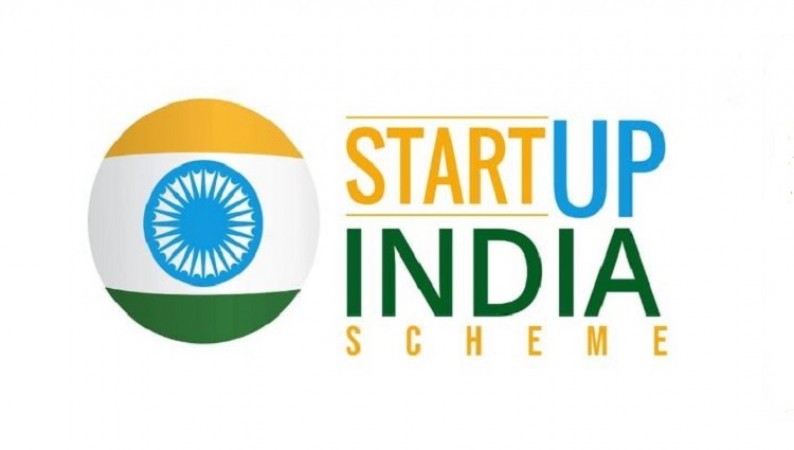
The government of India and the Ministry of Ministry of Micro, Small & Medium Enterprises (MSME) have launched several unique Government schemes and programs designed to empower startups and MSMEs in India
India is leading the world in this era of startups because it has built a strong environment for companies and business owners. As a result, India is now referred to as the "startup hub," coming in third place with 90,000 "Start-Ups" and 107 unicorn firms valued at $30 billion. The Startup India Initiative was started and is being promoted by the government, which is led by Prime Minister Narendra Modi, to assist ambitious business owners.
In order to encourage aspiring entrepreneurs' growth and establish their presence in the market, it has also created a number of programmes that offer training as well as technical assistance, financial support, subsidies, and other services. With government assistance, these firms can potentially get international reputation and draw in foreign investors.
List of initiatives to support Indian startups:
1) Multiplier Grant Scheme: The Multiplier Grant Scheme (MGS) was established by the Department of Electronics and Information Technology (DeitY) to encourage industry collaboration in research and development, which supports the expansion of goods and services. Government grants under this programme are capped at Rs. 2 crore for each project lasting less than two years.
2) Dairy Entrepreneurship Development Scheme: To promote entrepreneurship in the dairy industry, the Department of Animal Husbandry, Fisheries, and Dairying (DAHFD) introduced the DEDS programme. Enhancing milk production, purchasing, processing, preserving, transporting, and marketing are among the activities. In accordance with this programme, the government offers back-end funding for bankable projects equal to 25% of the total project cost for applicants in the general category and 33.33% for SC/ST farmers.
3) Credit Guarantee Fund Trust for Micro and Small Enterprises: The Credit Guarantee Fund Trust for Micro and Small Enterprises (CGTMSE) was established by the Ministry of MSME and the Small Industries Development Bank of India to improve the credit delivery system and facilitate credit flow in the MSE sector. Under this programme, the government offers loans to small- and micro-scale firms at significantly reduced rates and with no required collateral. For each qualified borrower, it covers fund- and non-fund-based credit facilities up to 200 lakhs, and the money is distributed by the SIDBI.
4) National Small Industries Single Point Registration Programme:Corporation (NSIC) oversees the Single Point Registration Scheme (SPRS) for MSE support with the goal of boosting small-scale sector purchasing. MSEs must register with NSIC in order to be excluded from paying the EMD under this programme. Other advantages besides this include free-of-charge bids, bidder participation, buying from MSEs, etc. Additionally, the government mandated that MSEs must account for at least 25% of all annual sales.
5) High Risk and High Reward Research: Through this programme, the government seeks to encourage and promote creative, risky ideas that have the potential to have a significant influence on science and technology. Such ventures could be very lucrative in the realm of science if they are successful. Apart from overhead payments, the research grant will cover travel expenses, consumables, contingencies, equipment, etc. There is no set budget cap for these projects. Such enterprises receive assistance from the government for a period of three years, which in extraordinary circumstances may be increased to five years.
6) Zero Defect Zero Effect Scheme: The Zero Defect Zero Effect (ZED) scheme was introduced by the Indian government in 2016 to encourage MSMEs to evaluate their operations for ZED and to support them by offering manufacturing efficiency, production efficiency, financial efficiency, better human resource management, energy-saving techniques, product designs, etc.